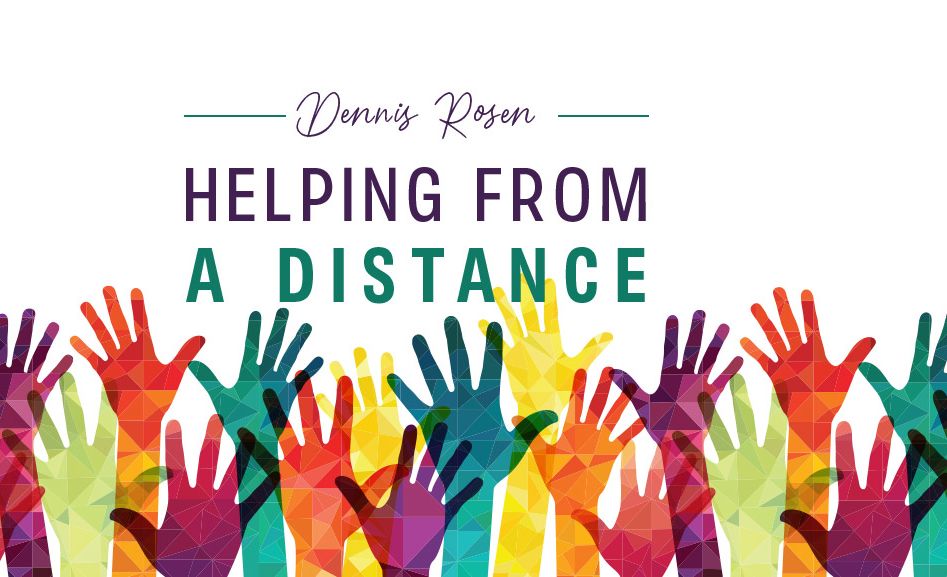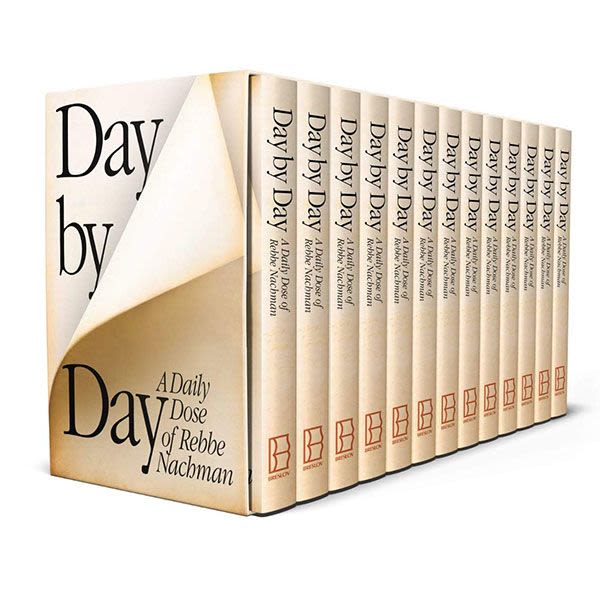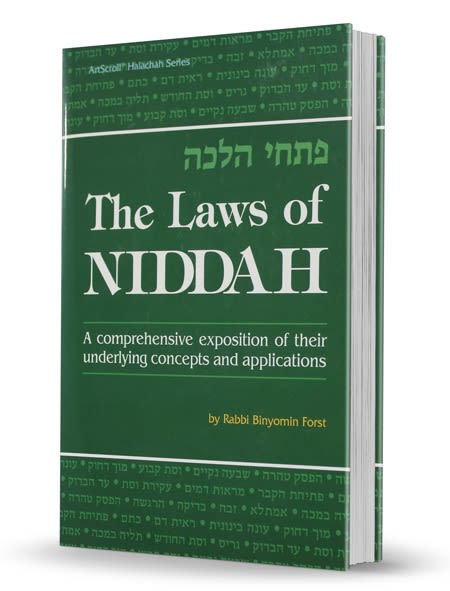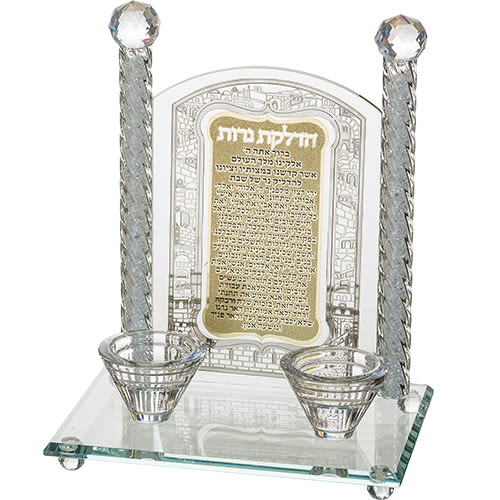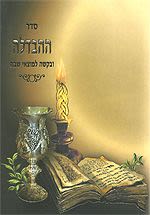
The 99%-True Lie
The big lies people tell themselves are easy to deal with. But the subtle lies – the ones that are 99% true, are dangerously toxic for the soul...

It’s very easy to spot a fib when it’s a whopper. If I’m talking to someone and they start coming out with stuff about how ‘G-d doesn’t exist’ (G-d forbid); or, ‘G-d isn’t interested in what I’m doing’ or, ‘the Torah was all made up by people’ (G-d forbid) – then the situation is very clear cut, and I know exactly what I’m dealing with.
I have no problems continuing the conversation, because I don’t get flustered, or upset, or bothered, because I know the person is talking complete and utter rubbish, and there is nothing they could say or do to convince me otherwise.
When you have clarity, you can fight for the truth.
But it’s so much harder when the lie is wrapped in so many layers of truth, you start to question your own beliefs. It’s so nearly true, you’re  almost convinced it is true – and that’s when the real problems start. Because 99% of the truth is still 100% a lie.
almost convinced it is true – and that’s when the real problems start. Because 99% of the truth is still 100% a lie.
A little while ago, I was talking to someone I’m very close to, but who I don’t see very much. They don’t live in Israel, and it’s hard to get hold of them, and vice-versa, because of the time-lag.
Yesterday, we were talking about how hard the economic situation had got in the world. Even places where the ‘streets are paved with gold’ are feeling the pinch. “People are really struggling here, to put food on the table,” I was told. “So why don’t they just make aliyah? If it’s so hard there, what’s really stopping them from coming to Israel?”
The person I was talking to got quite upset with me. “It’s not that simple!” they said. “If they can’t find a job here, where they speak the language, what chance do they have of making it there when they don’t even speak Hebrew?”
It sounds like a fair argument – but it really isn’t, if you have emuna. If you have emuna, you know that G-d can send you your income anywhere in the world, any way He chooses.
“Listen,” I said. “It used to be people said it was too hard to move here because it was too much of a risk to leave behind all the financial security they’d built up; and the good jobs they had; and the good money they were making. Now, that’s not a problem for a lot of people. If they are struggling there, why not struggle here? It’s much easier to be poor in Israel because pretty much everyone you meet is in the same boat!”
The person I was talking to wasn’t convinced. “It says that where there’s no flour, there’s no torah. People need to have some financial security.”
Which is when we really got into a bit of an argument. Because the quote doesn’t say ‘where there’s no financial security there’s no torah.’ It’s talking about flour. Flour is a basic, staple foodstuff. Another version of the quote says ‘where there’s no bread, there’s no torah.’ The verse is talking about having enough food. It’s not talking about having a mansion, two cars, a bungalow in the Catskills, $50,000 in annual tuition fees and a fat pension.
“According to your interpretation….”
I was amazed! How many ways can you interpret the word ‘flour’?
So then, we got into a whole conversation about how excessive materialism is actually very bad for a person, because it blocks out G-d’s light, and it skews a person’s priority towards having ‘things’ instead of doing mitzvot.
“I don’t believe that G-d wants people to be poor!” I was told. Or rather, I was told that G-d doesn’t want people to come to Israel and be poor.
I sighed, and tried another tack.
“You know, a lot of serious rabbis in Israel are telling Jews to make aliyah as soon as possible. The world is getting very dangerous, and it could blow up any minute. Look at the terrible economy in the US; look at all the European countries who are five seconds’ away from going bankrupt; look at all the social unrest all over the world. The safest place for a Jew to be is Israel.”
Which is when I got told the 99% true lie that floored me: “I believe that G-d is merciful. He’s not going to turn His back on His people, especially if they’re stuck outside of Israel.”
The conversation ended shortly afterwards, and I found myself in a funny mood. Why? Because the person I was talking to was right: G-d is merciful. He’s always and only merciful. But it still didn’t sit right with me, and I started to wonder if I’d got the wrong end of the stick, and maybe it was OK, after all, to carry on business as usual, and not make any ‘emergency’ plans to get to Israel.
It took me a day – and a lot of personal prayer – to try and unpick what had caught me so off guard, but then, G-d in His kindness showed me what the problem is: G-d is only and always merciful, that part is 100% correct. But G-d’s mercy doesn’t always translate into ways that we can always relate to as being ‘merciful’.
G-d’s mercy makes people poor. G-d’s mercy lands people in intensive care. G-d’s mercy forces people to leave everything they own behind and to flee for their lives.
Everything that happens in this world is an outpouring of G-d’s mercy. But it doesn’t always mean that He gives us what we want, or does what we feel is ‘merciful’.
Lots of people tell themselves lies all the time. When people are telling themselves big lies, it’s much easier to deal with, at least for the person ‘outside’ the lie. But when people are telling themselves lies that are 99% true – you have to pray very hard to uncover them, and to not be damaged by them yourself.





